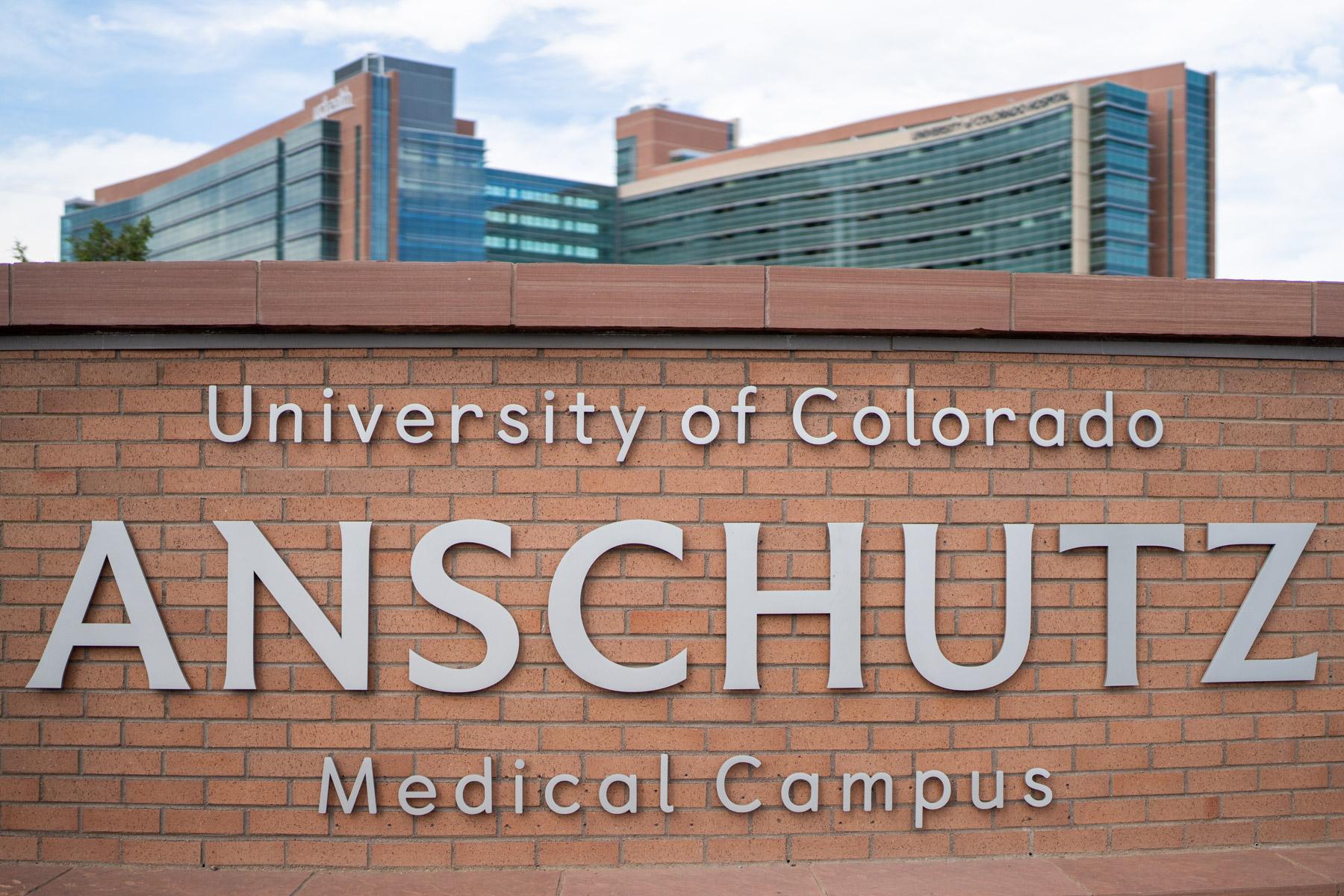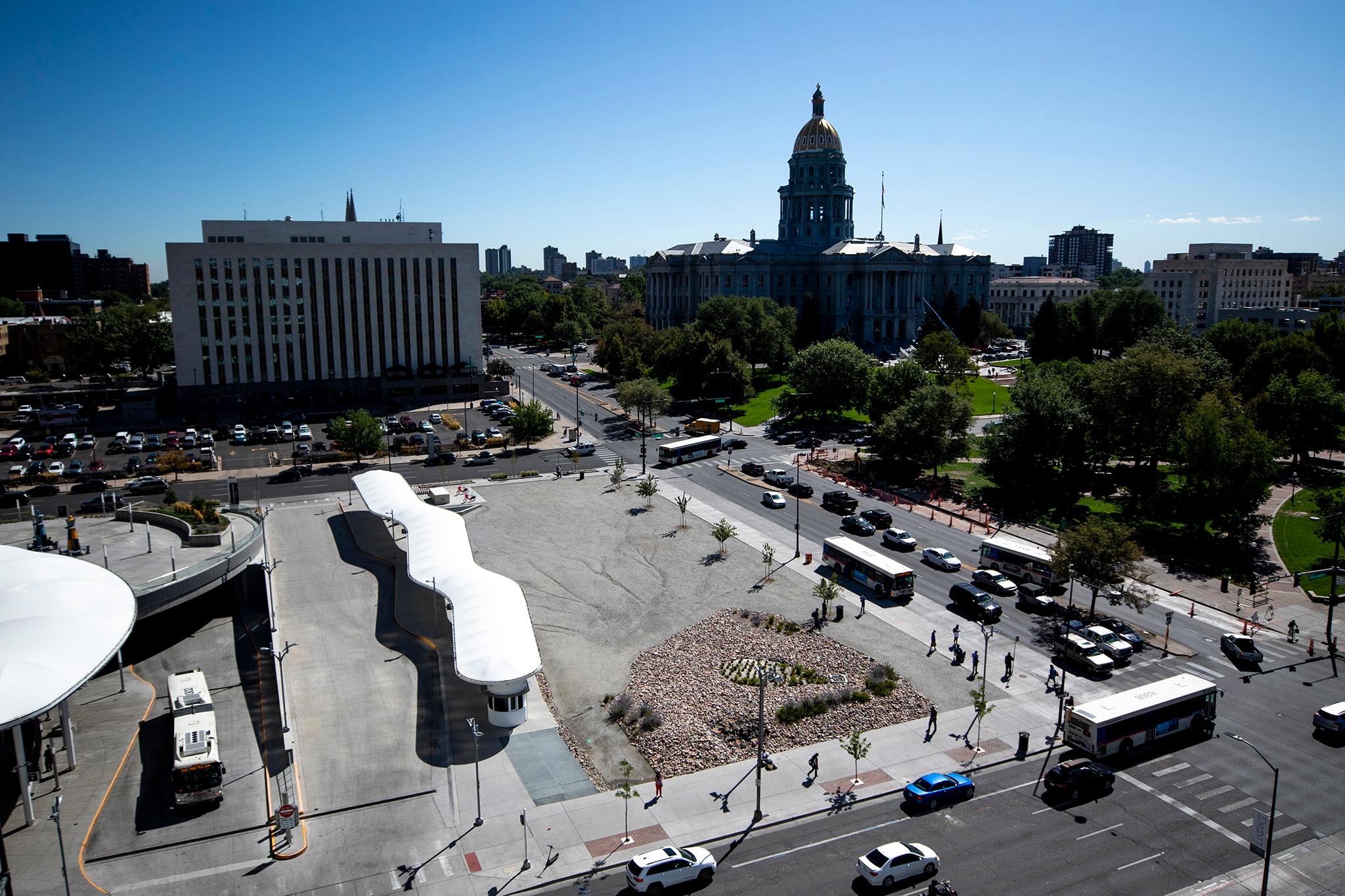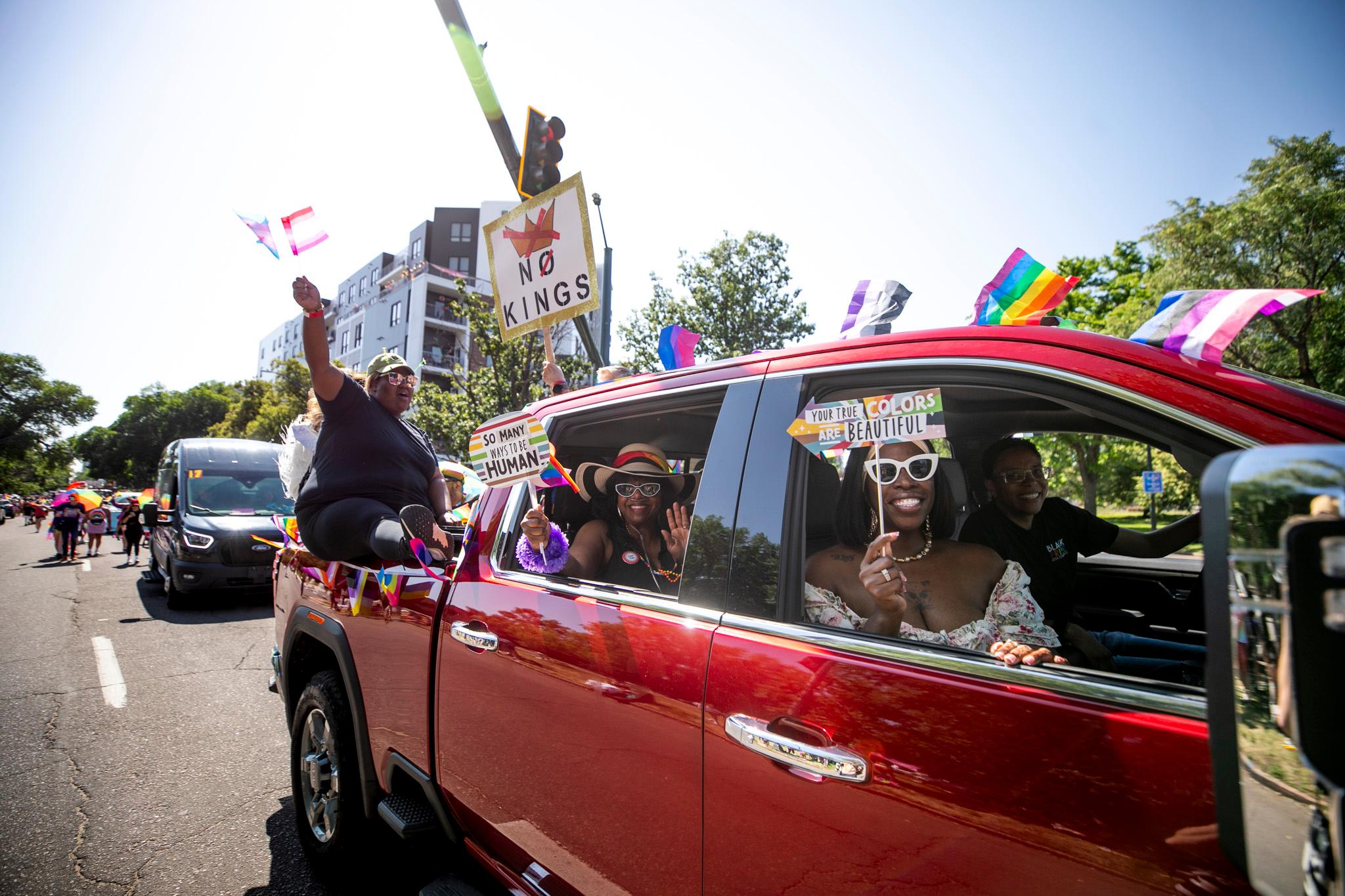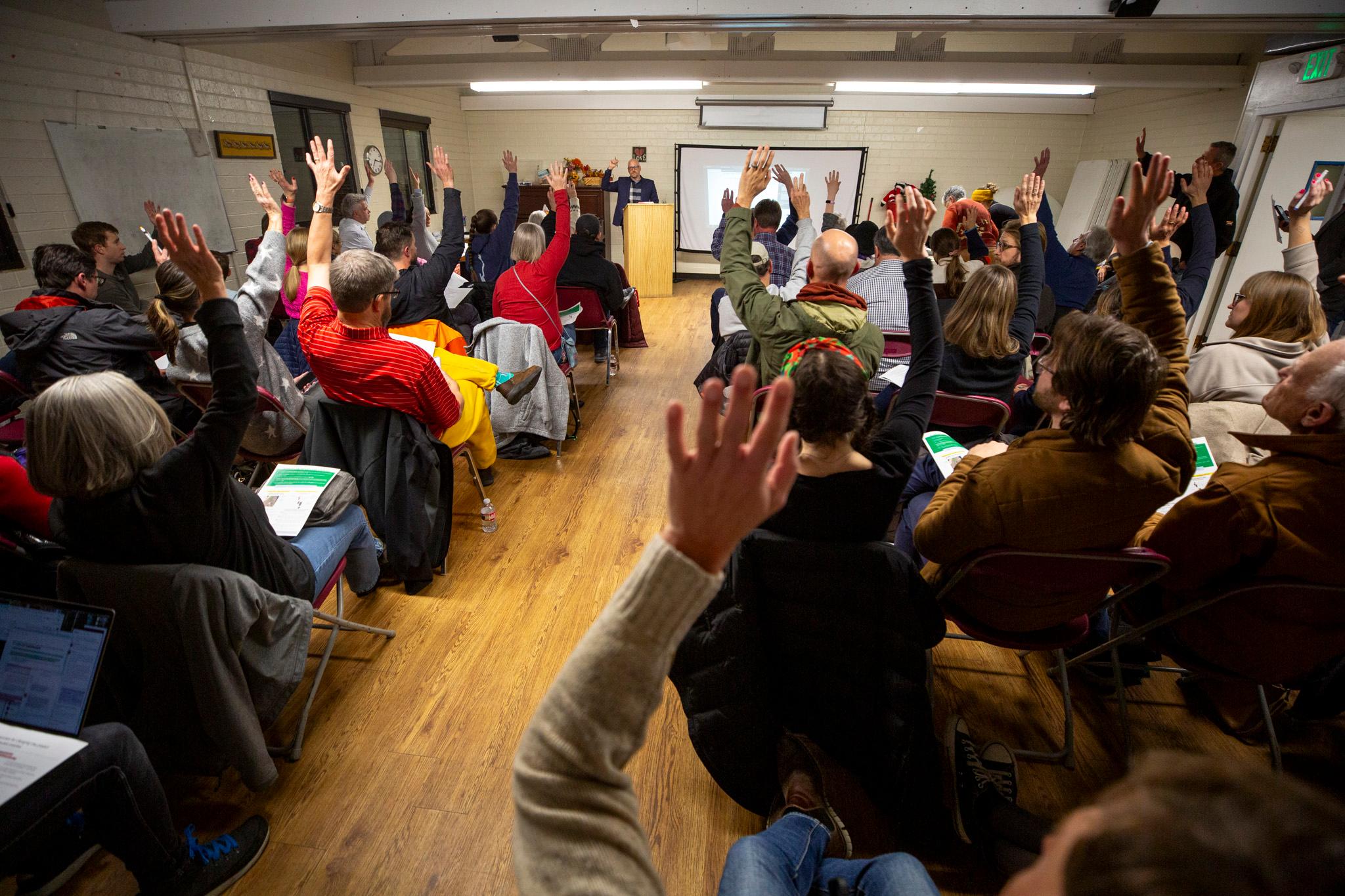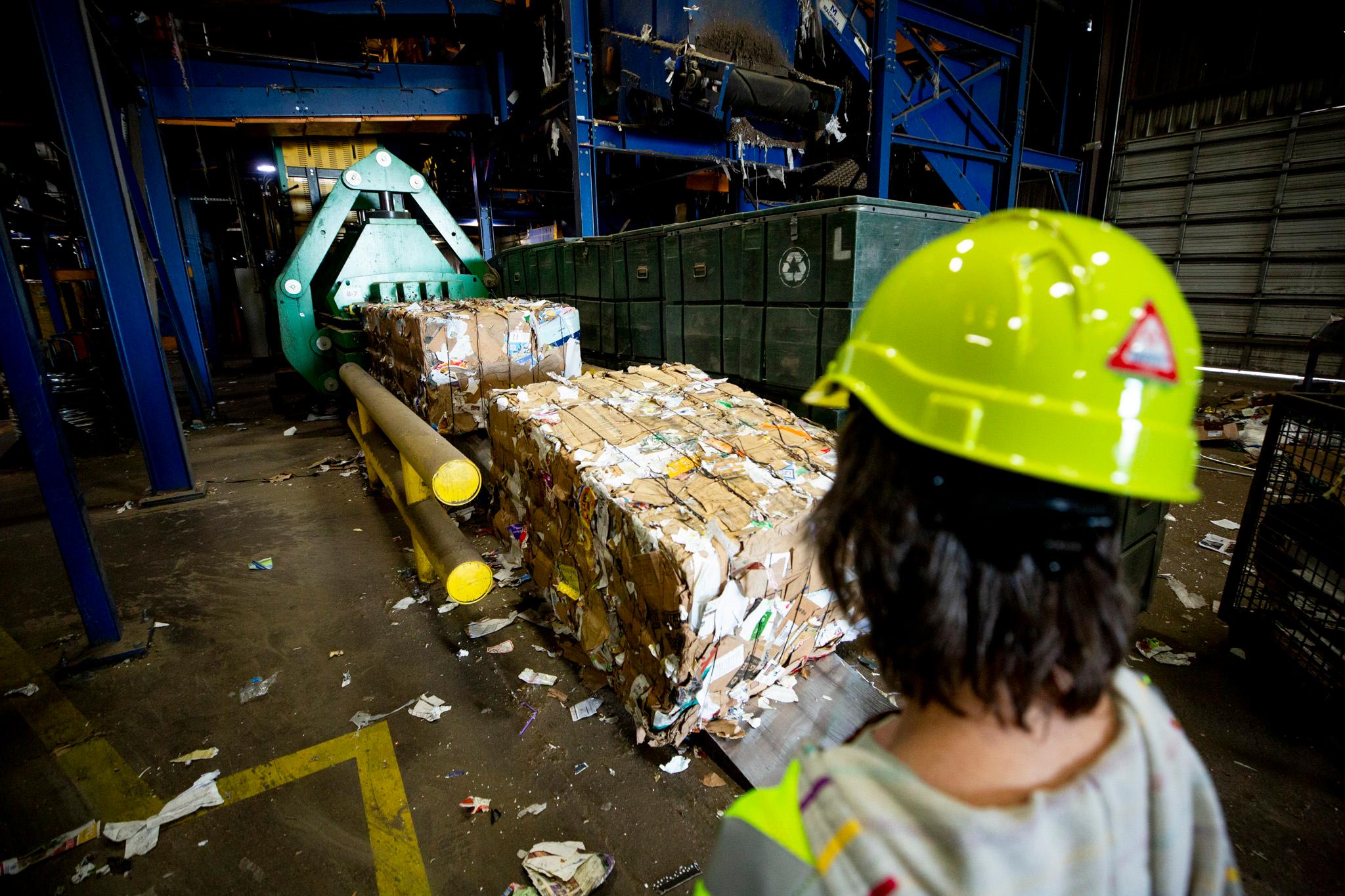
Erik Soliván worked his last day with the city of Denver last week after just more than a year as a top housing adviser to Mayor Michael Hancock. As he finished, he warned that the effects of displacement and gentrification run far deeper than many people expect, and he pointed to the Ink Coffee furor as a prime example.
In a recent interview, he declined to comment on the reason for his exit, which came as the city reorganized its housing efforts, but he spoke extensively on the housing crises in Denver and other cities.
"I traditionally don't speak about resignations and personnel decisions. I support the Office of Economic Development reorganization," he told Denverite.
Soliván, who previously worked as an executive with the Philadelphia Housing Authority, was hired in Denver as the director of the new Office of HOPE, created by Hancock to unify city efforts on housing policy and homelessness. Now, the housing expert will stay in Denver and look for other jobs in housing.
As he left, he offered a view of gentrification and the housing crisis. He said that his time in Denver showed him a city where the entire "fabric" of neighborhoods is changing.
"Part of the explosion around Ink Coffee was, at its core, a disrespect to the history of the neighborhood, and that is what is very much at the surface right now in the city," he said.
It's not just that housing prices and property taxes are climbing, he said -- current residents also are losing the basic amenities they need.
"There are neighborhoods in the city where housing doesn't have washers and dryers," he said. And, often enough, their laundromats are disappearing in favor of shops and restaurants.
With rapid change, "they're changing the very businesses that I rely on, and the amenities. Now I can't afford the grocery store. Now I don't have a laundromat. Now I can't have child care. ... If you don't respect that change in the neighborhood, and provide the amenities they need, they are left with no choice but to move."
If cities fail to mix together amenities -- "a high-end brewery next to a laundromat next to a bodega" -- then "the Latino or the African-American community is now being relegated to a smaller and smaller part of the neighborhood."
And gentrification, he said, is threatening the social connections and informal barter networks that allow people to survive with less income. He referred to his own childhood in Philadelphia's Hunting Park.
"There wasn't a grocery store. We didn't have any of those amenities," he said. Instead, a local church "created the marketplace for that exchange. You can exchange goods or provide empanadas and get a haircut."
The displacement of residents breaks apart those networks. "That's what brings the level of tension to the top," he said.
Meanwhile, changes in federal tax law are making it harder for governments and developers to get funding for projects, he said. Lower corporate tax rates mean there's less demand for the tax credits that form the basis of the modern affordable development system.
"On the national scale, affordable housing is even more challenged at this time than it has been," he said. And the need's likely to keep growing in Denver, he warned.
"That median income's going to go higher, which means you're going to have more and more people who are falling into the core buckets of affordability," he said.
Soliván describes himself as a "houser," someone whose mission is to get people housed -- and he leaves with confidence that the city can accomplish that mission, he said.
"Where the city and all of its partners can continue to innovate, continue to leverage its dollars, continue to use its existing expertise in these communities, that is a way to address this problem more cohesively," he said.
Meanwhile, Soliván has some personal news, too. He's engaged to be married this year to a teacher in Denver.

